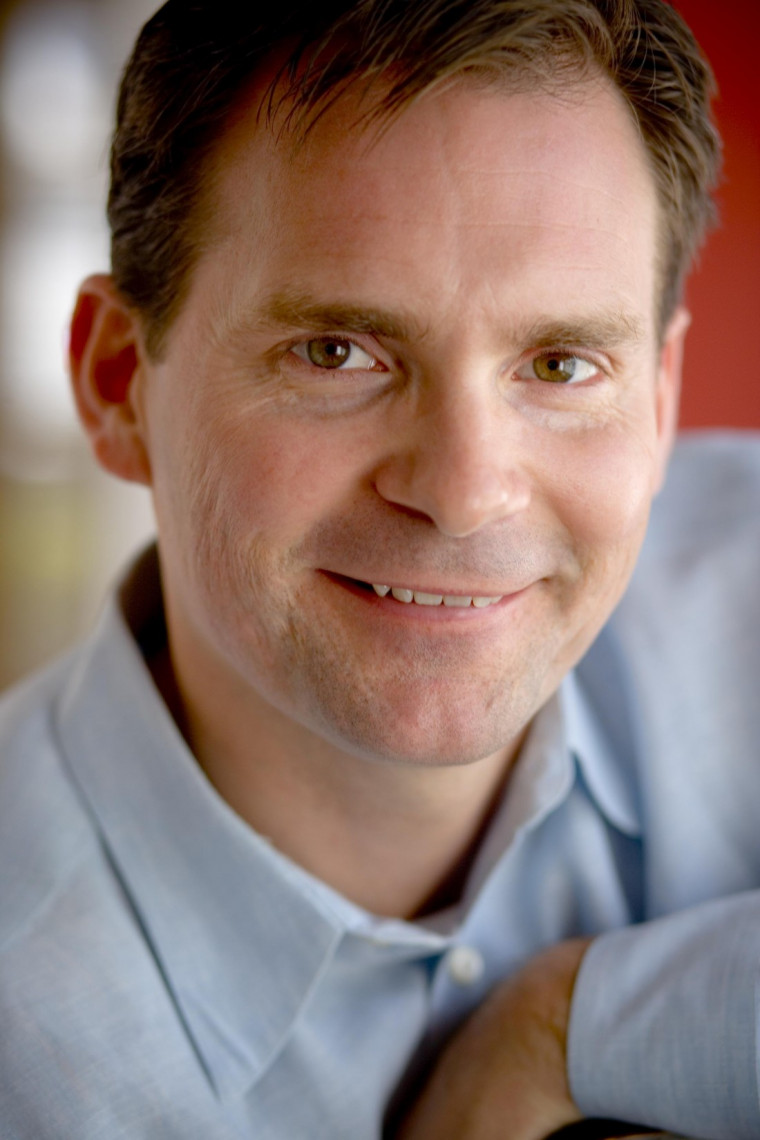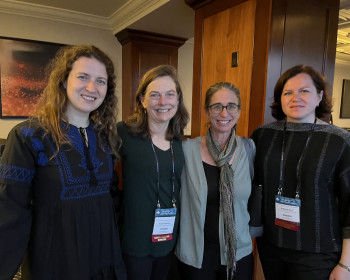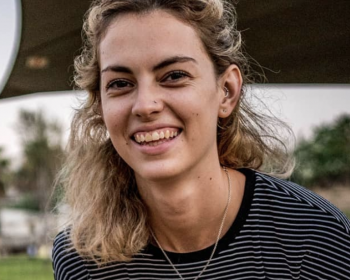Randy Christensen ’94
Open gallery

LinkedIn Profile
Randy Christensen ’94 has been interested in environmental, trade, and transboundary issues since he was a student. “I was in law school when some of the first environment and trade disputes were being heard, which really piqued my interest,” he said. Fifteen years after graduation, Christensen became the managing lawyer for the head office of Ecojustice Canada, the country’s largest environmental law organization. His practice includes litigation and environmental policy development, focusing on energy and water issues. He found his job with Ecojustice by working first as a volunteer, which quickly led to a contract position and then a full-time one.
“Getting to work on matters that I care about and being able to work on a wide variety of legal issues in many jurisdictions and legal forums is the most fulfilling part of my practice,” he said. He believes that the most important skill he brings to the table as a lawyer working on international environmental issues is “being able to think creatively about legal issues and opportunities. As I work on an ever-broader range of issues and oversee other lawyers’ work, the abilities to shift gears quickly and prioritize what’s really important are great assets.”
Christensen initially found that moving to Canada made it much harder to keep in touch with people, events, and the profession in the United States. However, with the evolution of the Internet, “that’s no longer an issue,” he said. Compared to U.S. lawyers, “Canadian lawyers are much more collegial, even in adversarial settings, and tend to maintain a healthier work/life balance,” said Christensen. Another professional difference is the clothing lawyers wear to court: “Lawyers have to wear a robe and suit that looks something like a tuxedo. While at lunch during my first hearing, I was mistaken for the waiter.”
He encourages law students who want to practice global law to gain exposure to it by volunteering with organizations in that area, writing course papers, or conducting legal research projects for practicing lawyers. “Pursue the opportunities for internship placements with organizations practicing in the field, including organizations outside the United States,” he said.
More International Law Stories
email lclawsa@lclark.edu
voice 503-768-6716
Contact Student Affairs
International Law
Lewis & Clark Law School
10101 S. Terwilliger Boulevard MSC
Portland OR 97219

